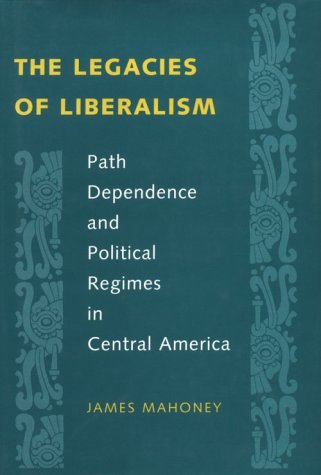

Most ebook files are in PDF format, so you can easily read them using various software such as Foxit Reader or directly on the Google Chrome browser.
Some ebook files are released by publishers in other formats such as .awz, .mobi, .epub, .fb2, etc. You may need to install specific software to read these formats on mobile/PC, such as Calibre.
Please read the tutorial at this link: https://ebookbell.com/faq
We offer FREE conversion to the popular formats you request; however, this may take some time. Therefore, right after payment, please email us, and we will try to provide the service as quickly as possible.
For some exceptional file formats or broken links (if any), please refrain from opening any disputes. Instead, email us first, and we will try to assist within a maximum of 6 hours.
EbookBell Team

0.0
0 reviewsPresenting a theory of "path dependence," Mahoney shows how choices made at crucial turning points in Central American history established certain directions of change and foreclosed others to shape long-term development.
By the middle of the twentieth century, three types of political regimes characterized the five nations considered in this study: military-authoritarian (Guatemala, El Salvador), liberal democratic (Costa Rica), and traditional dictatorial (Honduras, Nicaragua). As Mahoney shows, each type is the end point of choices regarding state and agrarian development made by these countries early in the nineteenth century.
Applying his conclusions to present-day attempts at market creation in a neoliberal era, Mahoney warns that overzealous pursuit of market creation can have severely negative long-term political consequences.
The Legacies of Liberalism presents new insight into the role of leadership in political development, the place of domestic politics in the analysis of foreign intervention, and the role of the state in the creation of early capitalism.
The book offers a general theoretical framework that will be of broad interest to scholars of comparative politics and political development, and its overall argument will stir debate among historians of particular Central American countries.